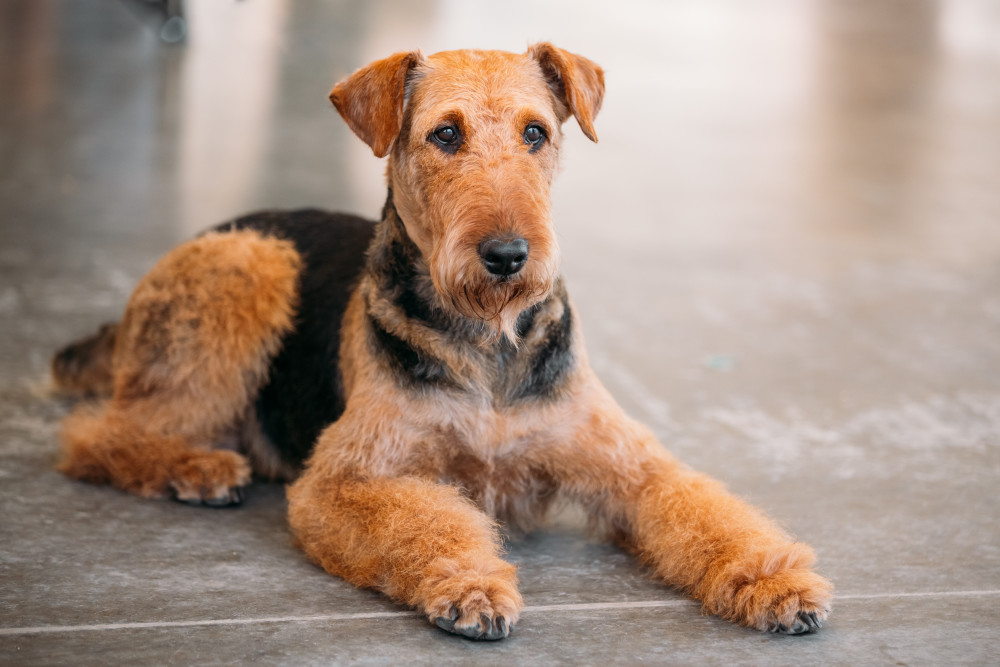Image Source: Google
Training a duck hunting dog requires patience, consistency, and expertise. Who better to learn from than experienced breeders who have honed their skills over years of working with various breeds of hunting dogs? Whether you have a young puppy or a seasoned pro, these training tips from seasoned breeders will help you turn your furry companion into a top-notch duck hunting partner.
Understanding the Breed
Labrador Retrievers
- Known for their intelligence and friendly temperament
- Natural affinity for water and retrieving game
- Quick learners, making them versatile hunting companions
Golden Retrievers
- Social and eager to please, making them easy to train
- Excellent swimmers with a gentle mouth for retrieving game
- Require mental stimulation to keep them engaged
Chesapeake Bay Retrievers
- Tough and rugged breed, able to withstand harsh weather conditions
- Excellent scenting abilities for tracking down wounded game
- Independent nature may require a firm hand in training
Training Tips
Start Early
Training should begin as soon as you bring your puppy home. Early socialization and exposure to different environments will help build a well-rounded hunting companion.
Use Positive Reinforcement
Reward good behavior with treats, praise, and playtime. Positive reinforcement will encourage your dog to repeat desired actions and strengthen the bond between you and your furry friend.
Focus on Retriever Instincts
- Practice retrieving with dummy ducks or bumpers to enhance your dog's natural instincts.
- Use a variety of retrieves to keep your dog engaged and mentally stimulated.
- Gradually introduce water retrieves to build confidence in swimming and retrieving game from the water.
Establish Clear Commands
- Use consistent commands such as "sit," "stay," "heel," and "fetch" to communicate expectations to your dog.
- Start with basic obedience training before moving on to more advanced hunting commands.
- Be patient and repeat commands until your dog understands and responds reliably.
Advanced Training Techniques
Blind Retrieves
Blind retrieves involve sending your dog to retrieve a dummy duck or bumper to a location they cannot see. This advanced technique helps your dog rely on cues from you to locate and retrieve game accurately.
Decoy Training
Introduce your dog to decoys to simulate real hunting scenarios. By incorporating decoys into training sessions, your dog will learn to differentiate between live game and decoys and focus on retrieving the actual target.
Gunfire Desensitization
- Gradually expose your dog to the sound of gunfire to prevent gun shyness.
- Start with soft noises and gradually increase the volume as your dog becomes more comfortable.
- Associate gunfire with positive experiences, such as fetching or treats, to create a positive association.
Consistency is Key
Consistent training is essential for developing a well-trained duck hunting dog. Make training sessions a part of your routine and practice regularly to reinforce desired behaviors.
Conclusion
Training a duck hunting dog requires dedication, patience, and expertise. By following the training tips from experienced breeders and incorporating advanced techniques, you can turn your furry companion into a skilled hunting partner. Remember to start early, use positive reinforcement, focus on retriever instincts, establish clear commands, and be consistent in your training efforts. With time and effort, your dog will become a valuable asset in the field, ready to retrieve game and assist you in your hunting adventures.

